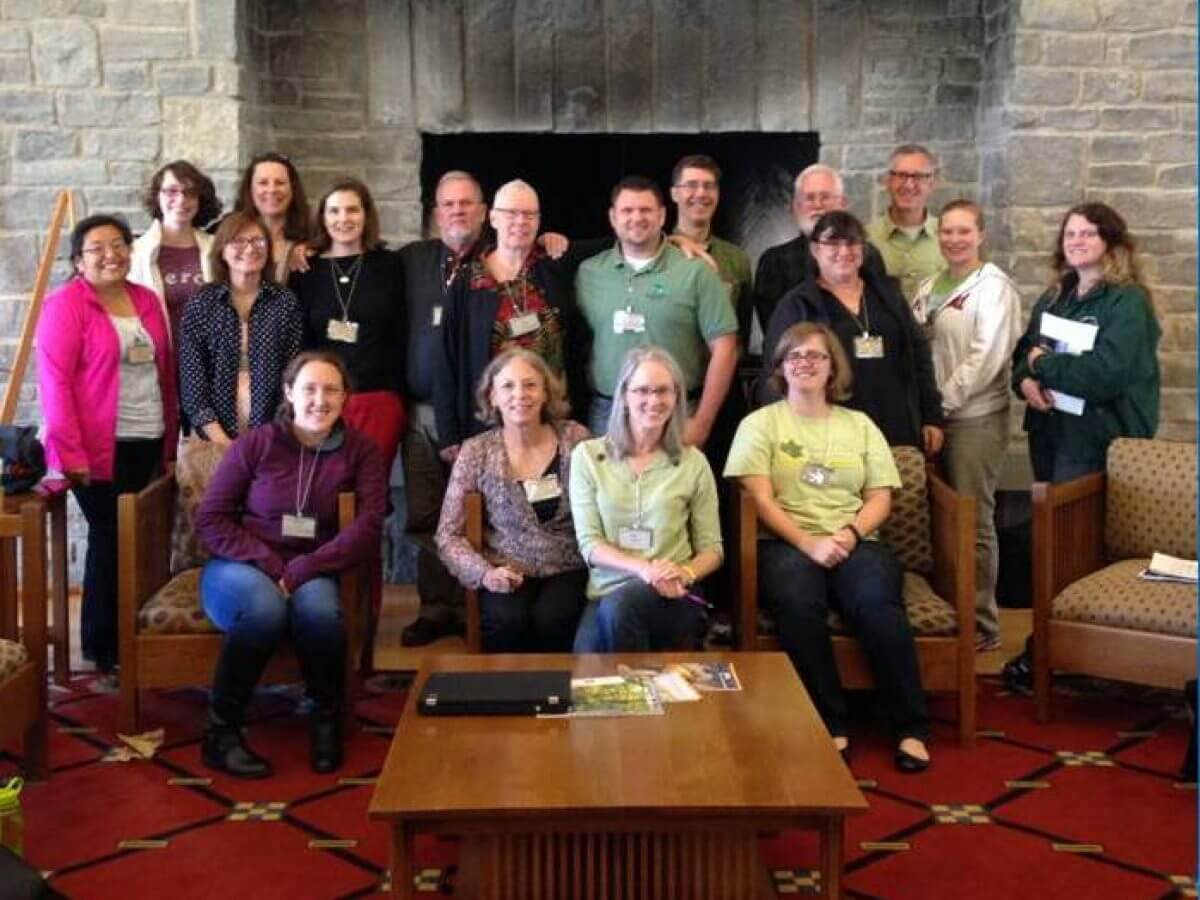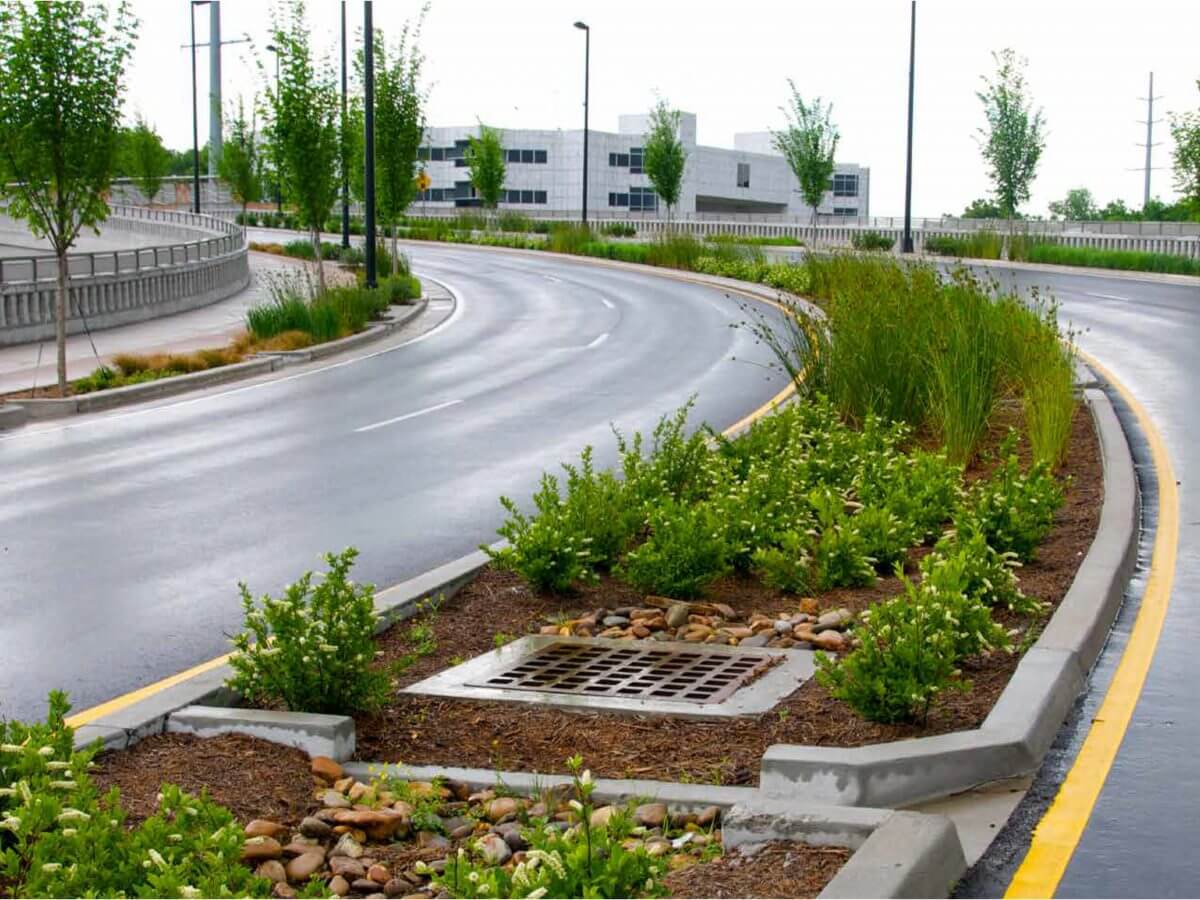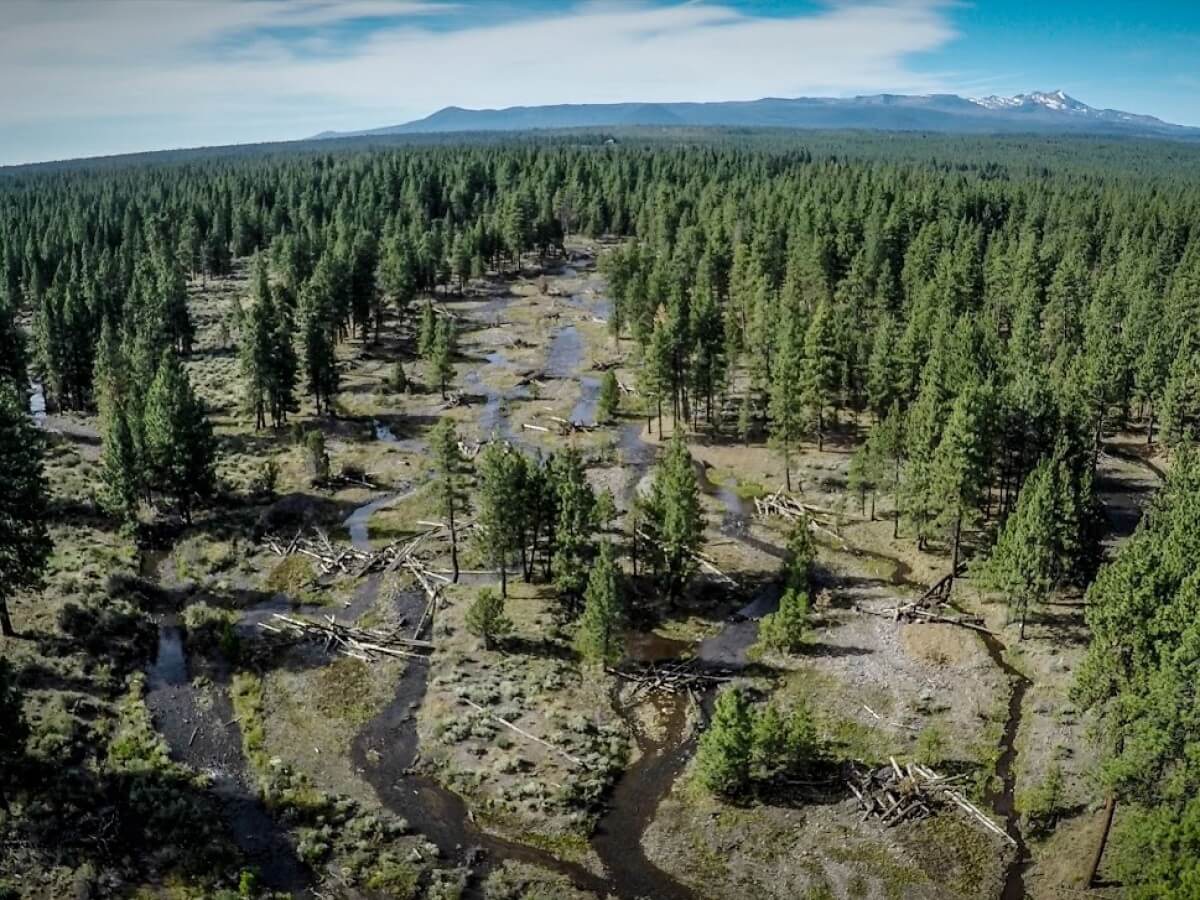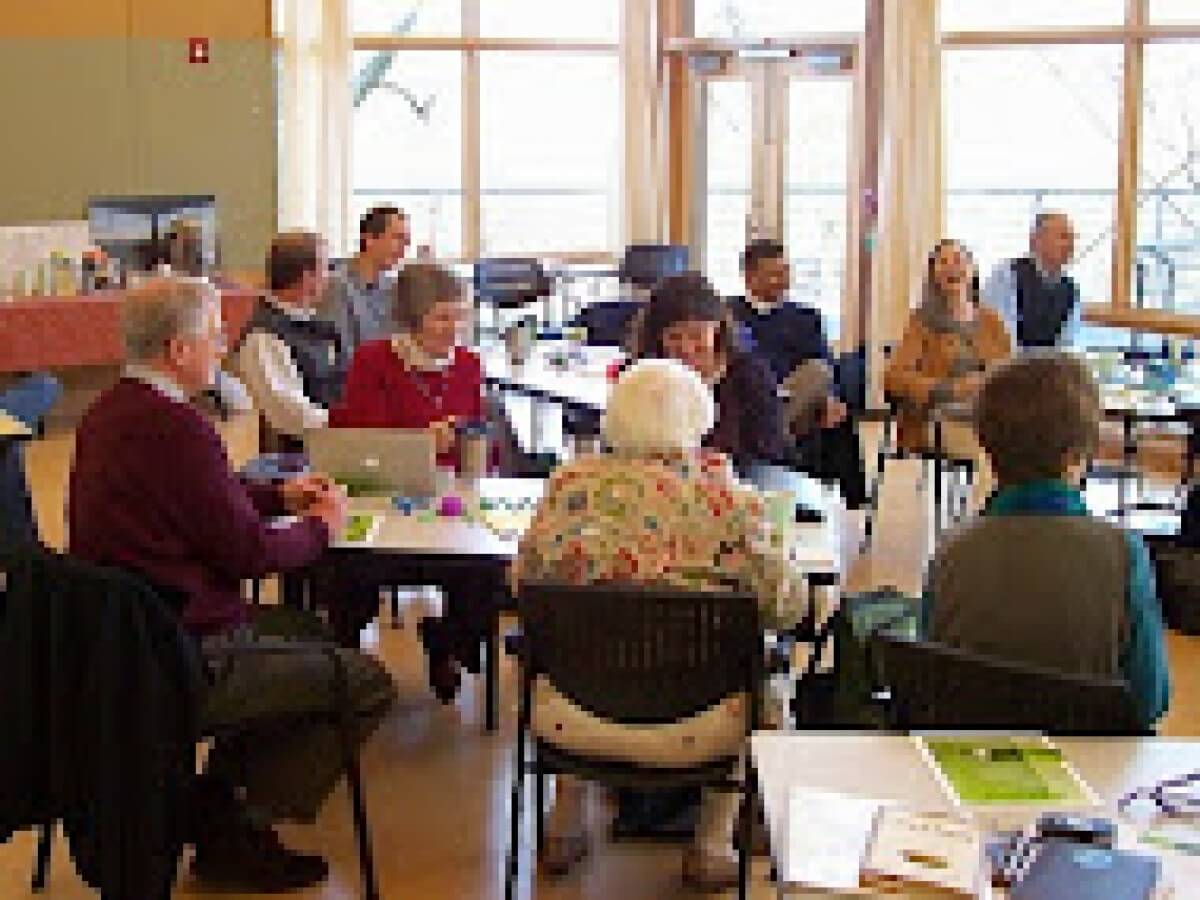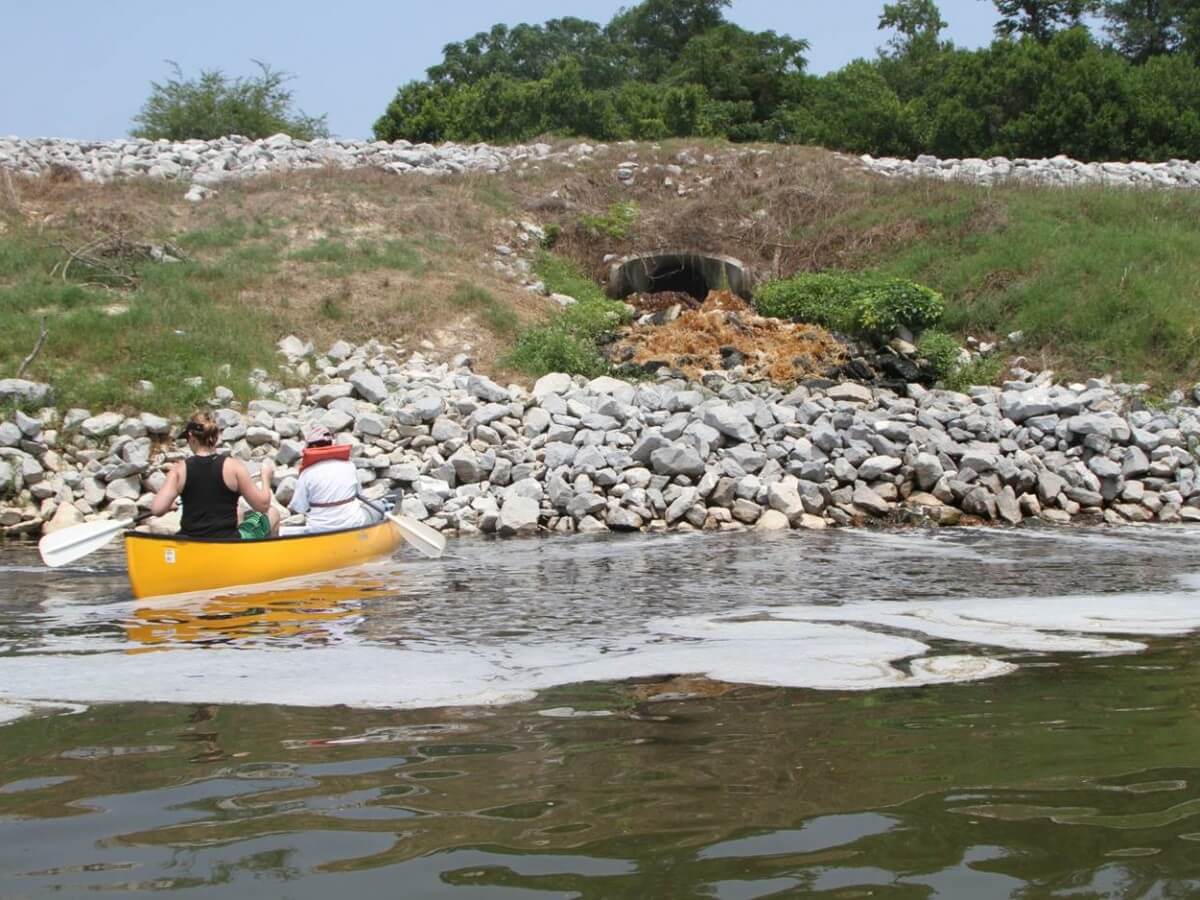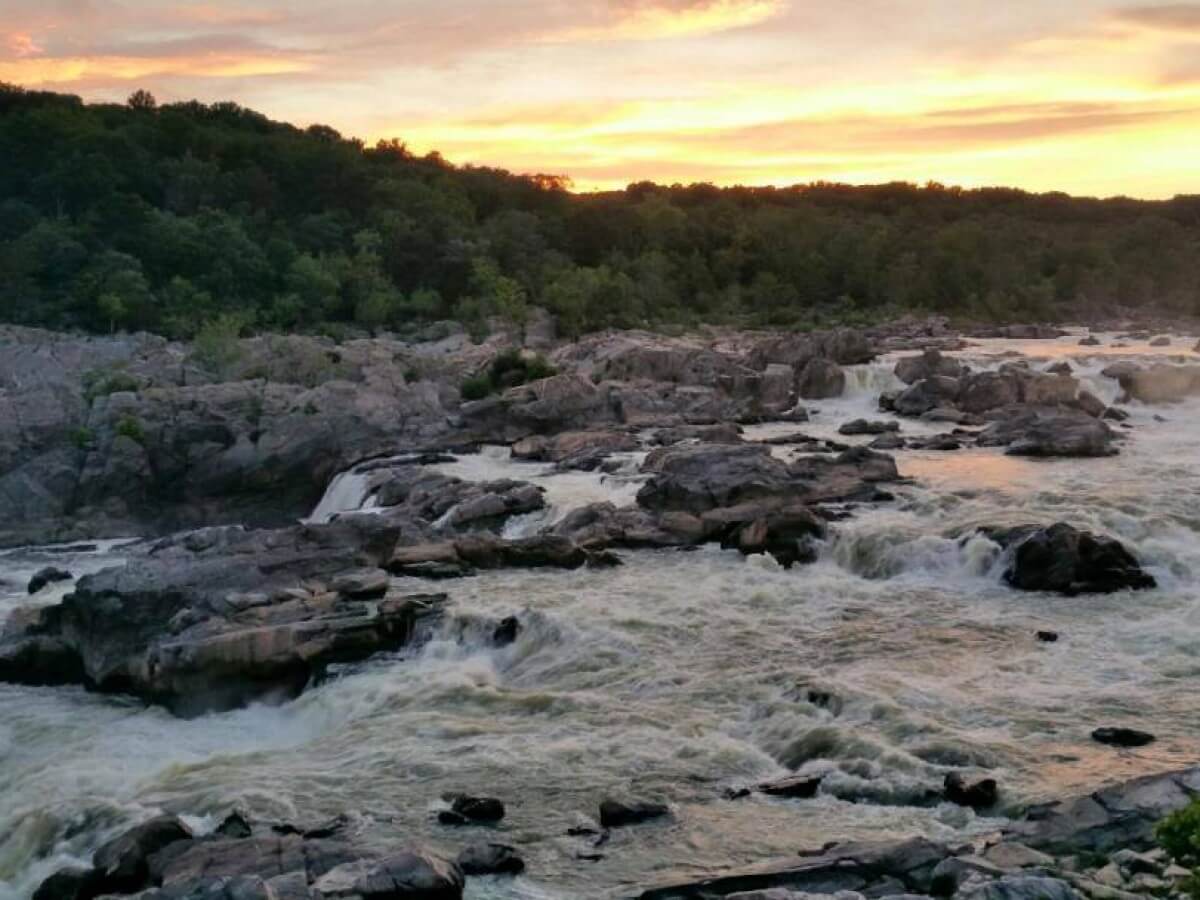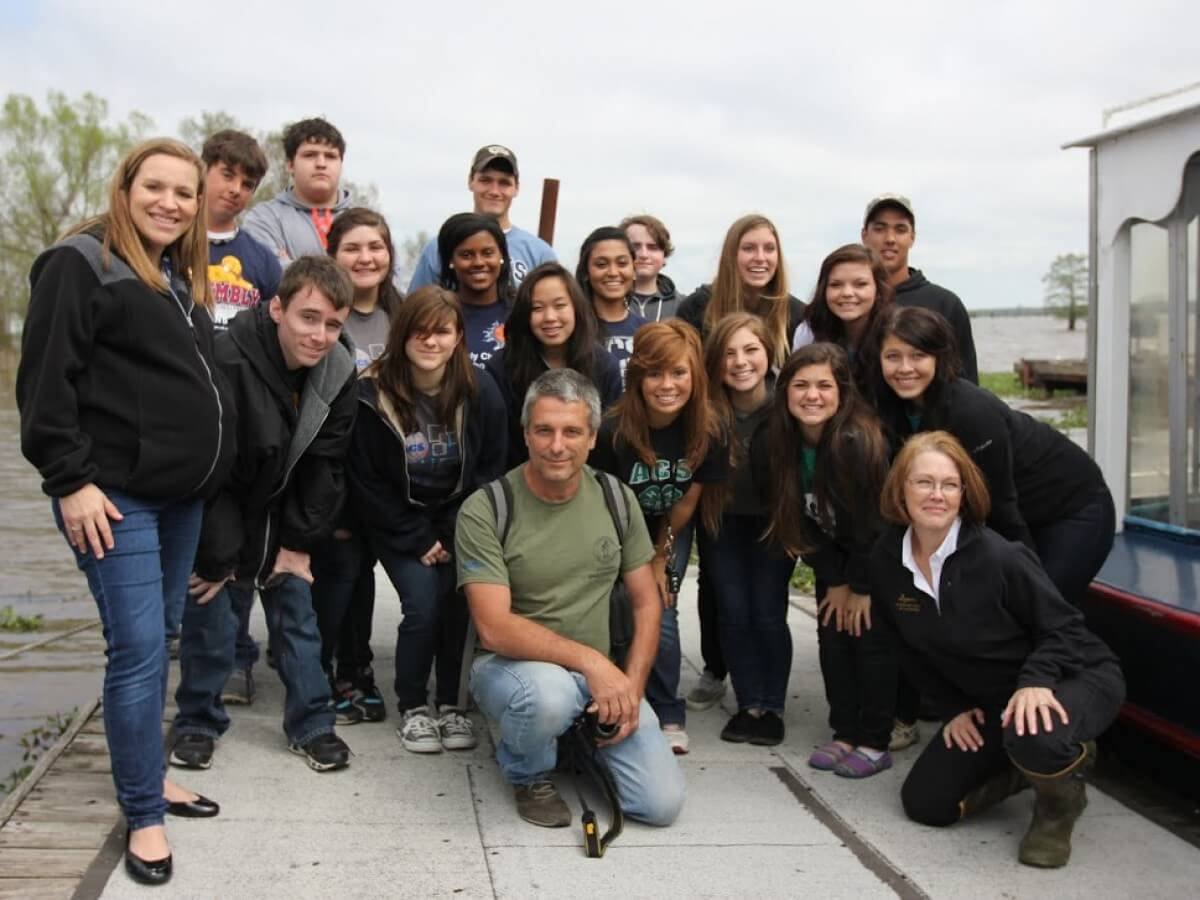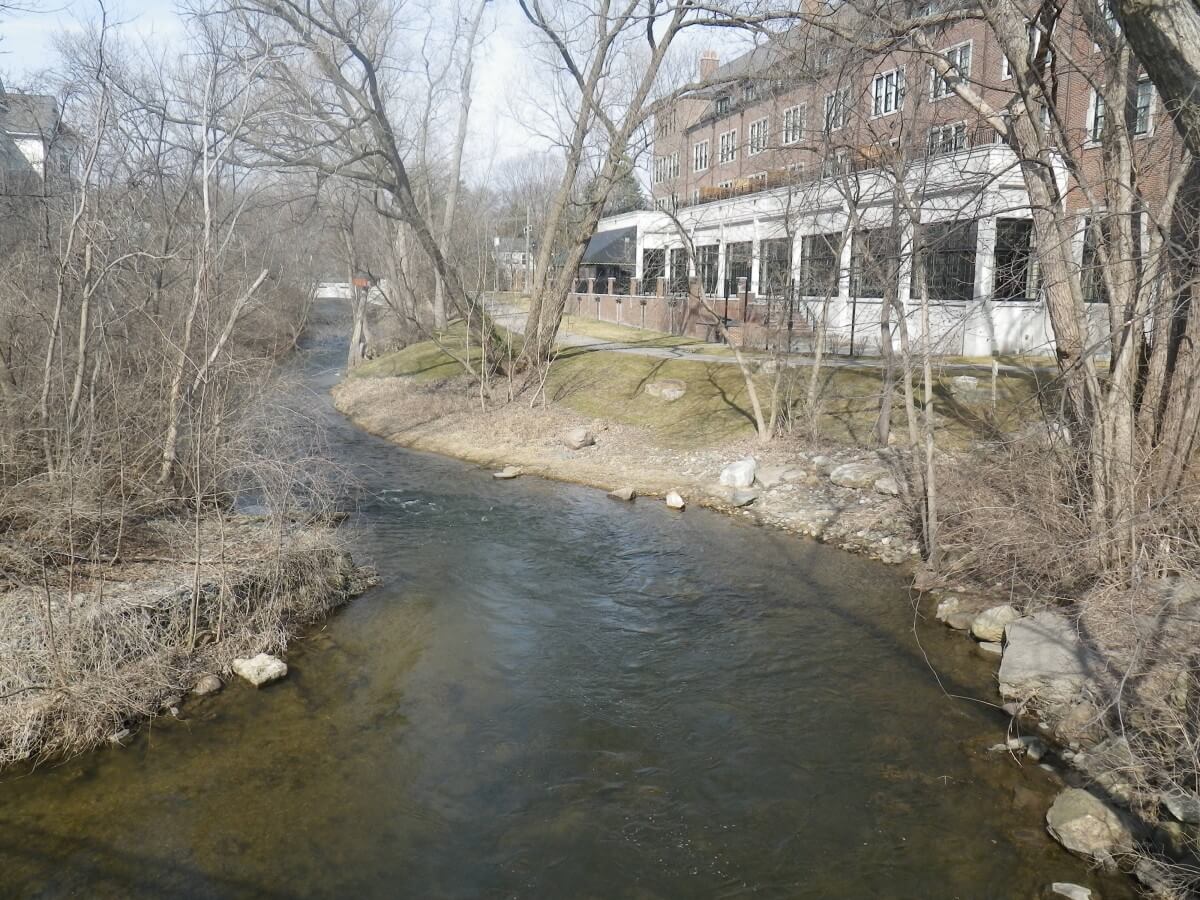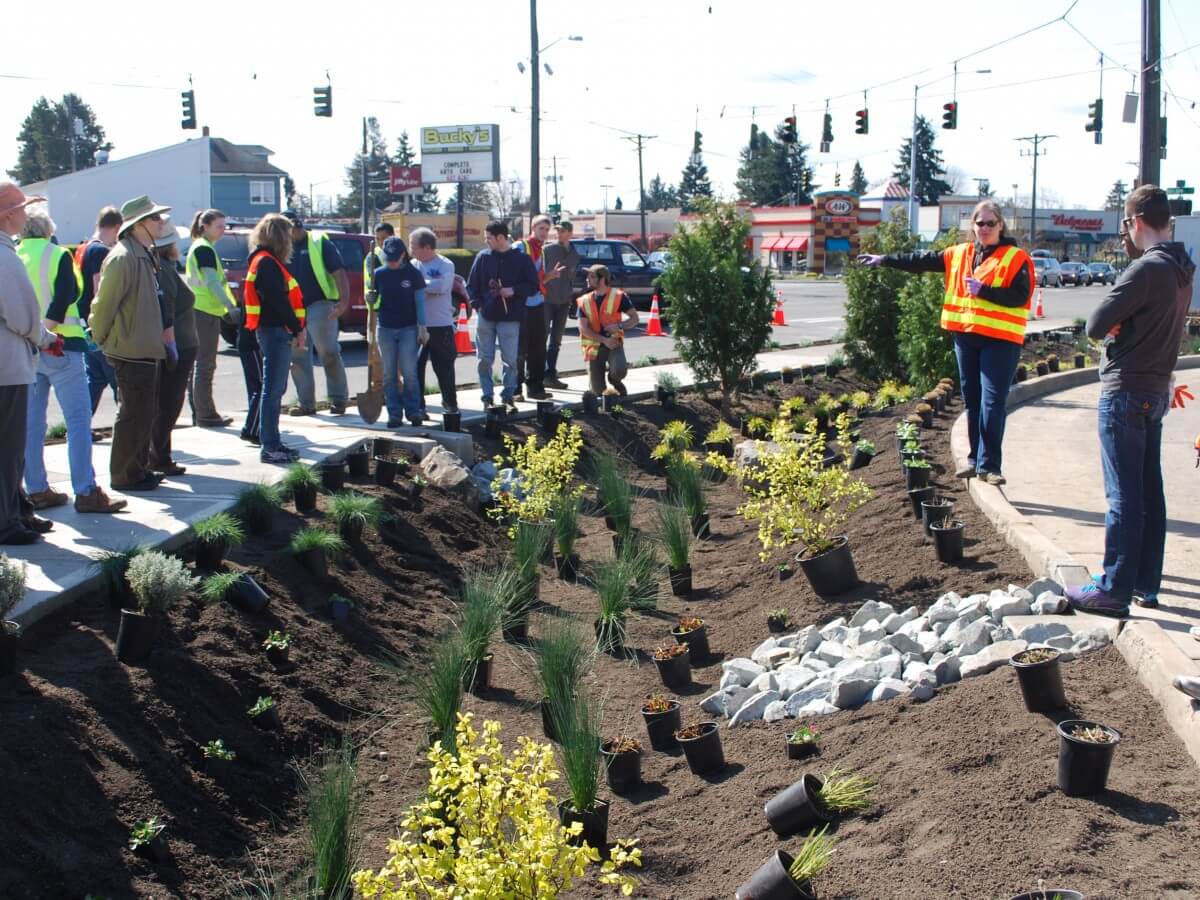Impact Stories
The stories below elevate success and achievement from across our membership. Each of these examples goes beyond the ordinary and reveals the power of hope, the value of grit, and the importance of creativity. Taking care of our water and rivers is hard work, whether you are working for change locally, regionally, or nationally. These stories offer innovation good ideas worth sharing. We hope they inspire you.
Green Streets: Restoring Rivers, Revitalizing Neighborhoods, and Making Streets Safer
The stormwater that hits our streets, sidewalks and alleys carries pollutants, causes soil erosion and flooding, makes sewers overflow, and leads to unnatural highs and lows in stream flows. Green streets incorporate green infrastructure (like trees, rain gardens and permeable pavement) in order to manage and treat the stormwater that flows off of the street. The… Read More ›
Pine Meadow Ranch Dam Removal
Water Efficiency Education in Alabama
The Cahaba River provides half of the raw water for Birmingham, Alabama’s main drinking water utility, and summer withdrawals deplete its flow. The metro area currently has enough water supply during normal rainfall periods, but the region has been hit with droughts that require rationing. The Birmingham Water Board plans to add water supply to… Read More ›
The Clean Water Act in Play in Mississippi
Organizational Restructuring for Success
Under their old organizational structure, Potomac Riverkeeper Network (PRKN) had a President/Potomac Riverkeeper, a Shenandoah Riverkeeper, and an Upper Potomac River Manager. After securing the Upper Potomac Riverkeeper (UPRK) Keeper license and going through a transition in Presidents, they decided that they needed to reorganize the organizational structure to better meet the needs of their… Read More ›


